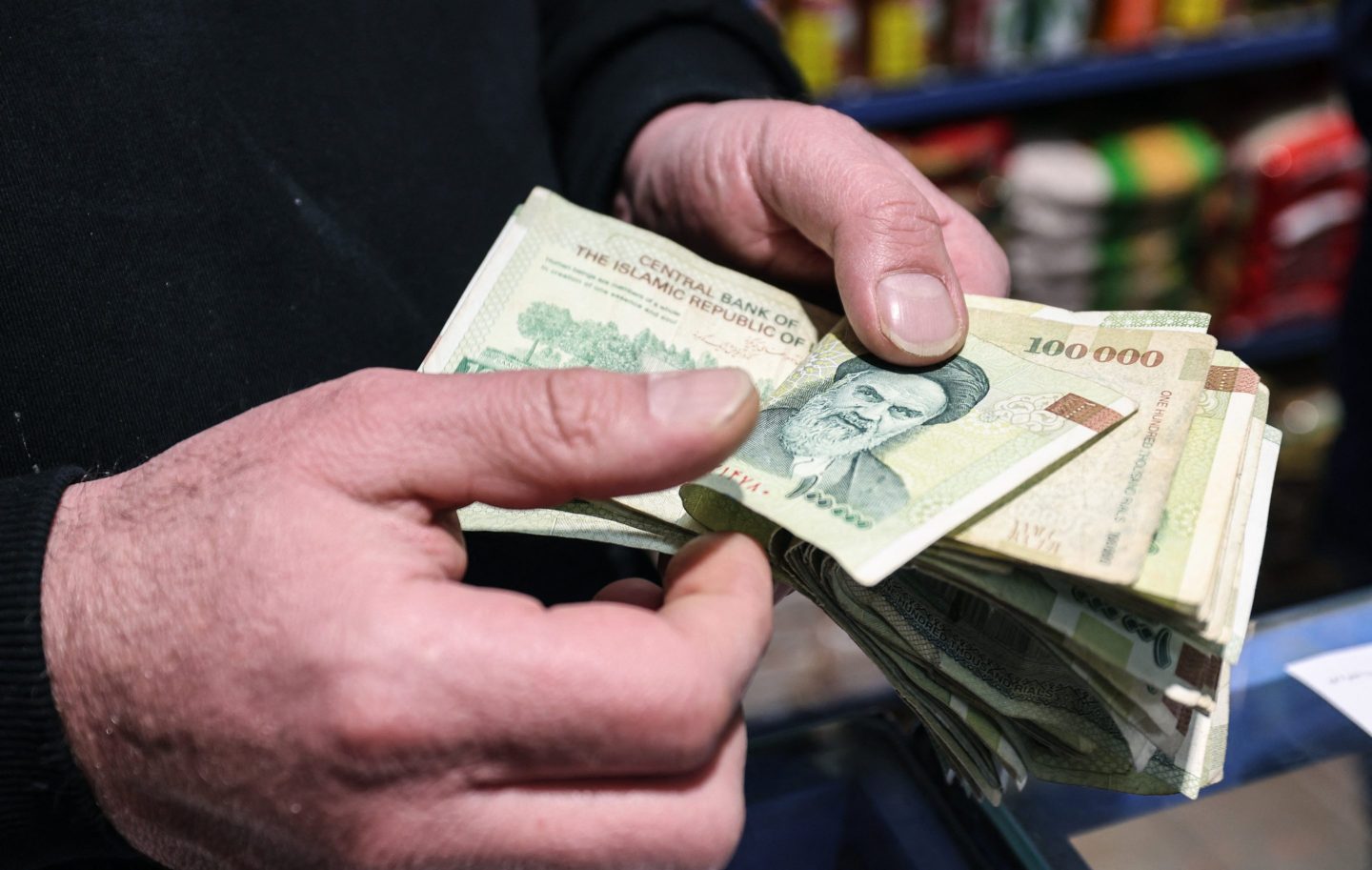To start the week off, here are a few things that jumped out at me over the weekend.
* In a New York Times review of a new biography of William Randolph Hearst was this startling fact: In the 1890s, when Hearst relocated to New York from San Francisco, his new city was home to 48 daily papers. Reviewer and veteran newsman Jack Rosenthal calls this period “print’s riotous spring, a different transformative time for newspapers.” It’s a nice turn of phrase, and the period certainly stands in stark contrast to the bleak, Google -dominated period I’ve been describing.
* The Times also reported that last seaon’s two-night premier of American Idol on News Corp.’s Fox network attracted an average of 33.3 million viewers, its worst debut since the fourth season, “down 6 percent from the previous season, according to Fox, though,” – and here the emphasis is mine – “‘Idol’ remained the highest-rated series on network television.” Any other program on television gladly would suffer through an audience of 33.3 million viewers.
* ExxonMobil CEO Rex Tillerson last week advocated a carbon tax rather than a regulated carbon trading regime in the United States. The commentariat quickly said a carbon tax isn’t politically possible and some, like Fortune partner Breakingviews.com, accused Tillerson of (cleverly and productively) pandering to the incoming administration. The notion of a carbon tax first came to my attention at the Fortune 500 Forum last month, where FedEx (FDX) legend Fred Smith and Marvin Odum, U.S. chief of Shell , supported it. Given all the problems with carbon trading, and despite that Congress isn’t paying attention to it, my instincts tell me it’s probably a good idea to pursue.
* Palm (PALM) introduced a new phone, and its stock popped 91% on the week. Two facts from Palm jumped out at me: the phone is due out in the “first half of 2009” and “pricing for the phone has not yet been determined.” Long articles could be written on what it means that Palm and partner Sprint don’t yet know when they’ll actually deliver the product or how much it will cost. I’m comfortable predicting this volatile stock will remain volatile.
* Last thing. Loads of endowments, the latest being Princeton University’s, are announcing that investment losses will lead to decreased funding to their university’s operating budgets. Last week the head of a philanthropy told me his budget will take a hit as donors stretch out the payments of promised grants. This is pathetic and shocking on so many levels. If you’ve promised to give someone money in the next year or so, wouldn’t you make sure that money was invested conservatively, like in cash or Treasuries? That’s essentially how my toddler’s 529 plan works with Vanguard: As she approaches college age Vanguard automatically will shift my investments for her into ultra-safe places. Why on earth wasn’t Princeton – and donors to the philanthropy – doing this with promised money? Again, articles – no, books – could be written.
Have a nice week.











